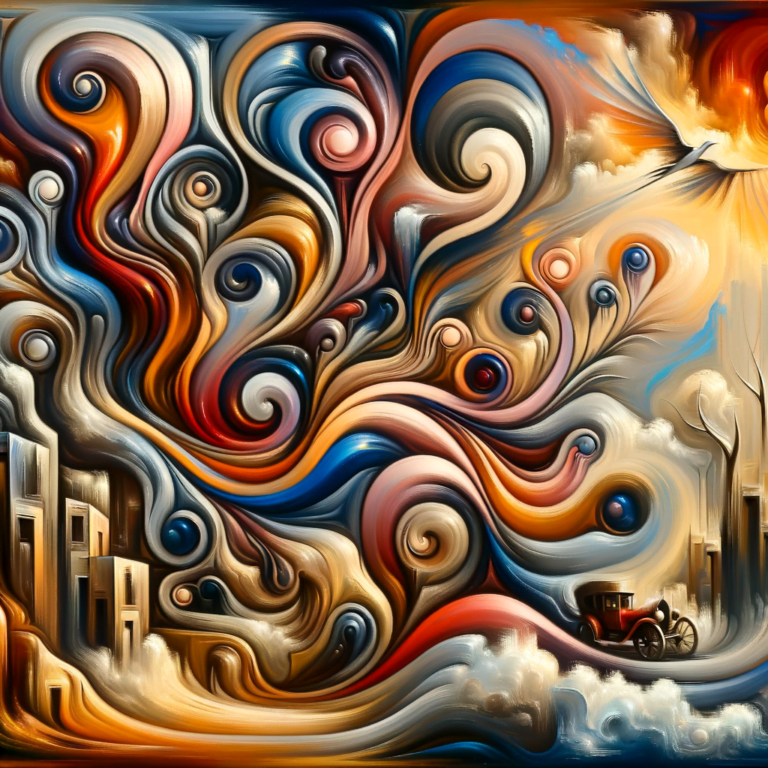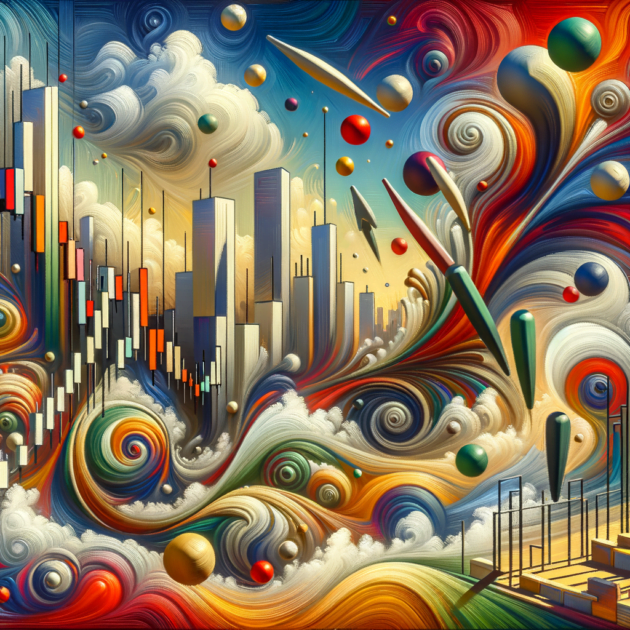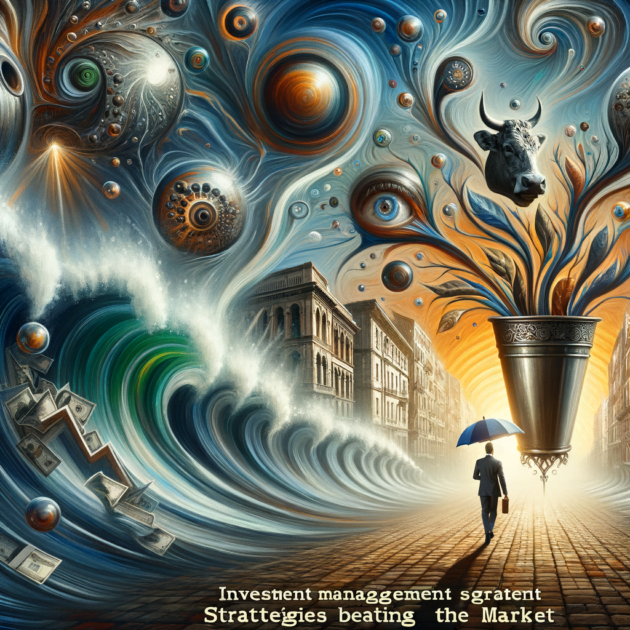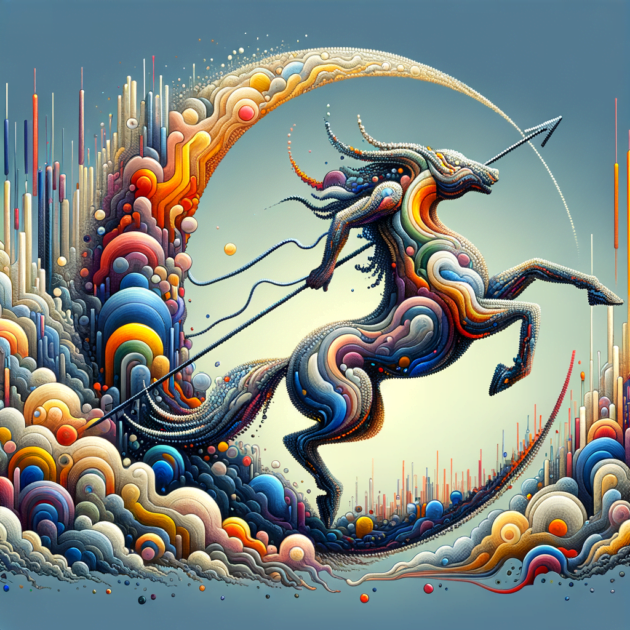Table of Contents
Welcome to the School of Economy, where we delve into the fascinating world of economics in a fun and engaging way! Today, we're going to explore the concept of Veblen Goods – a term coined after the American economist Thorstein Veblen, who observed a unique phenomenon in consumer behavior.
The Rise of Veblen Goods
Imagine walking into a luxury store and seeing a handbag with a price tag that is way beyond what you would normally consider reasonable. Instead of being put off by the exorbitant price, you find yourself drawn to it even more. This is the essence of Veblen Goods – products that people desire because of their high price and status symbol, rather than their intrinsic value.
- Veblen Goods defy the law of demand, which states that as the price of a good increases, the quantity demanded decreases. In the case of Veblen Goods, the higher the price, the more desirable the product becomes.
- This phenomenon is driven by the human desire for social status and prestige. By owning expensive and exclusive items, individuals signal their wealth and success to others.
One classic example of Veblen Goods is luxury cars. Brands like Rolls-Royce and Ferrari are not just vehicles for transportation; they are symbols of wealth and status. People are willing to pay a premium for these cars not because they are necessarily better in terms of performance or features, but because of the prestige associated with owning them.
In Canada, we can see the influence of Veblen Goods in the real estate market. In cities like Toronto and Vancouver, where housing prices are sky-high, owning a luxury home is not just about having a comfortable place to live. It's about showcasing your social status and success to the world.
The Psychology Behind Veblen Goods
So, why do people indulge in Veblen Goods, knowing that they are paying more for the status and luxury rather than the actual utility of the product? The answer lies in the emotional satisfaction that comes from owning these items.
- For many individuals, purchasing Veblen Goods is a way to boost their self-esteem and feel a sense of accomplishment. It's a way to show the world that they have “made it” and are part of the elite.
- Additionally, the exclusivity of Veblen Goods adds to their appeal. When only a select few can afford a particular item, owning it becomes a way to differentiate oneself from the masses and feel special.
Studies have shown that the consumption of Veblen Goods activates the brain's reward center, leading to feelings of pleasure and satisfaction. This emotional response reinforces the behavior of seeking out luxury and status symbols, creating a cycle of desire for more expensive and prestigious items.
In the United States, the phenomenon of Veblen Goods can be seen in the fashion industry. Designer brands like Gucci and Louis Vuitton thrive on the allure of exclusivity and luxury. Consumers are willing to pay top dollar for these products not just for their quality, but for the status they confer.
As consumers, it's important to be aware of the influence of Veblen Goods on our purchasing decisions. While it's natural to be drawn to luxury and status symbols, it's essential to consider whether the high price tag is truly worth it in terms of the value you derive from the product.
So, next time you find yourself eyeing that expensive watch or designer handbag, ask yourself: Am I buying this for the emotional satisfaction it brings, or because it genuinely meets my needs and preferences?
By understanding the psychology behind Veblen Goods, we can make more informed choices as consumers and avoid falling into the trap of conspicuous consumption.
Now, it's your turn to put your knowledge into practice. Take a look at your own purchasing habits and identify any instances where you may have been influenced by the allure of luxury and status. Reflect on whether these purchases truly brought you lasting satisfaction or were driven by external pressures.
I'll conclude by adding that I'm doing my best to clarify and simplify these topics. But remember that these little essays are only the beginning, and I encourage you to continue reading, learning, and exploring. To assist you, here are a few books about economics that will prepare you for your journey into the world of finance:












